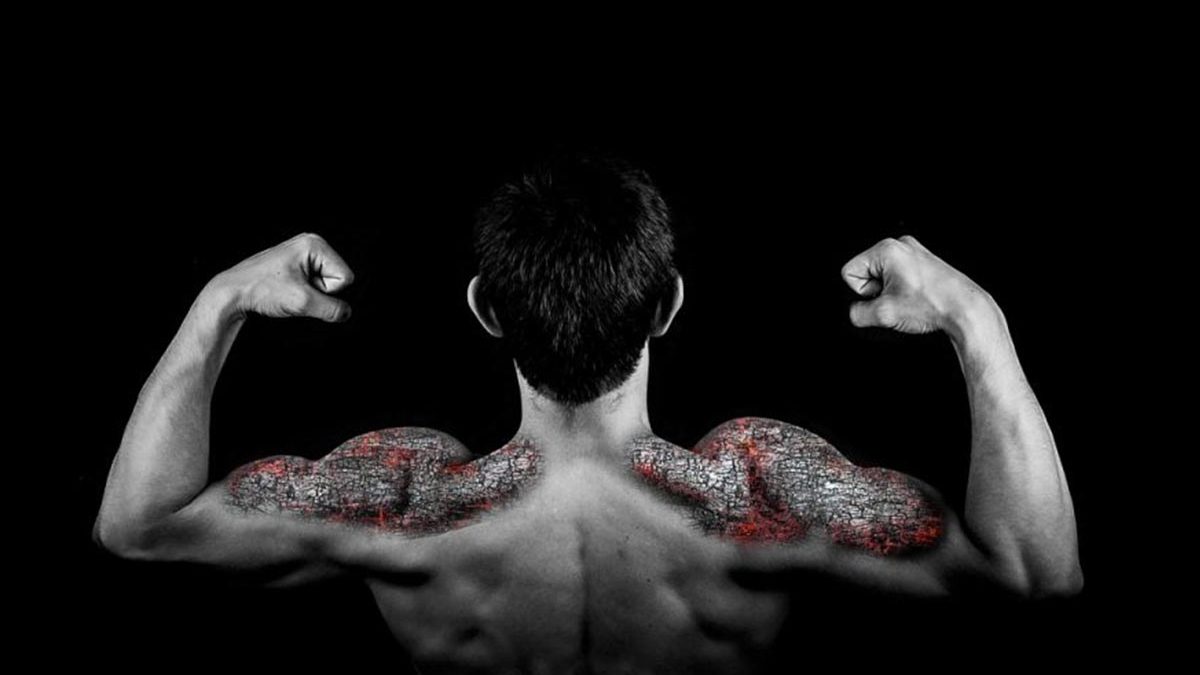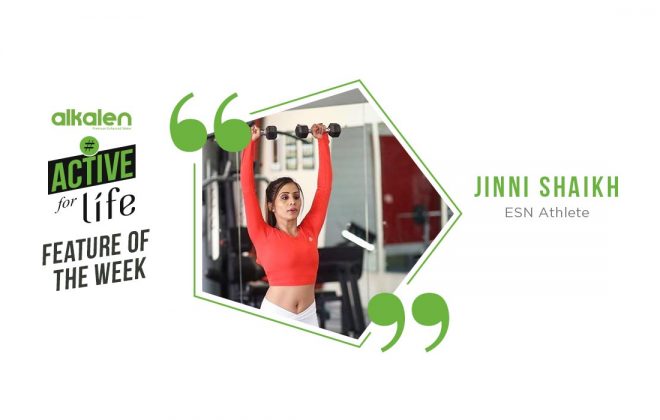7 Ways to prevent Delayed Onset Muscle Soreness
Exercising is great – no one denies it, the pain that comes from the muscle soaring after: not so great. And while some take this as a positive sign for their body’s improvement, for others it’s a painful demotivat from getting back to their workouts. But the question that muscle soreness begs is – whether it is a healthy for your body or no. The verdict: yes and no.
Why and when should one worry about muscle soreness?
While immediate post-workout muscle soreness could simply indicate muscle exhaustion, it is the muscle soreness that you feel a day or two after your intense workout, that you have to worry about. This type of soreness is called the Delayed Onset Muscle Soreness, and the more fit you are, the less likely you are to experience this. And while muscle soreness is indeed your body’s response to growing stronger, adding excess strain to your body despite the muscle soreness, can lead to severe injury. And while this soreness can’t be totally dispensed with, it can be controlled, and appropriate post-exercise recuperation can help your body react better to exercise and improvement. After all, muscle soreness usually indicates small tears in your muscles, and it is the successful recuperation of your body from this damage, which makes your muscles all the more stronger (successful being the key operative word there).
So here’s 7 – easy, everyday useful methods to treat your muscles to, in order to give it the rest and recuperation required to diminish body-soreness, and in particular delayed onset muscle soreness (DOMS):

#1 – Cool Down your Muscles
A lot of experts declare that immediately cooling your body after an intense workout, can be immensely beneficial in helping the body prevent inflammation. Direct icing or incredibly cold showers are most effective in this regard, especially in the case of severe muscle pains. This reduction in inflammation, improves blood circulation and allows for areas that are likely to be sore to rapidly heal.
#2 – Heat up your Muscles
In fact, for the very same reasons, it is advised to keep your body away from heat, immediately after workouts, because it may aggravate existing inflammation. However, having a hot bath or enjoying a steam bath, hours after your workouts and after your body’s inflammation normalizes, will help give your blood circulation another boot.
#3 – Massage your Muscles
Apart from these heating and cooling methods, a lot of athletes swear by the benefits of post-workout massages, in soothing pain and significantly reducing swelling. If getting regular massages are expensive, you can invest in foam rollers, to relax your joints and to self-massage your sore spots, post-workout as well during your workouts.
#4 Feed your muscles
Post an intense workout, you have around two hours to most proficiently retain what you eat, in order to recover vitality and repair your body. Additionally, eating ensures you have enough sugar vitality for your next exercise, and if what you eat is rich in protein, it will help facilitate muscle repair. This, apart from the fact that eating generates healthy fats and carbohydrates required to strengthen your joints and maintain your muscles.
#5 Rest your muscles
After eating comes sleeping, which we know for a fact significantly affects the body’s performance and recovery. It is the best time for the body to undergo protein synthesis. The body also releases natural growth hormones during sleep, which help your body repair and eases the increase in muscularity. If you workout during the midday, noon or early evening, quick power-naps are also a great immediate post workout technique, to send your body into n immediate restorative state.
#6 Stretch your muscles
Nothing prepares your body to effectively receive the benefits of a great workout, like giving it a round of good stretching exercises before and after the workout. Exercising forces your muscles to contract, and stretching allows your body to retain its flexibility after the workout, which can significantly reduced Delayed Onset Muscle Soreness.
#7 – Water your muscles
The most significant advantage for any body before, during and after workouts, is hydration. And no beverage compares to providing your body with long-term and adequate hydration, like water does. Apart from preventing cramping and decreasing inflammation during and post workouts, water is incredibly instrumental in the growth of muscle tissue. Water, being something that the body flushes out and filters, eliminates toxin accumulation that occurs during workouts, which impacts muscle soreness. Also, dehydration is bound to make your muscles tight and prone to injury.
Most importantly, 60% of your body is made up of water, and therefore if you were to treat your body and muscles to a more long-term advantage, it would involve enhancing the quality of the water you drink. While mineral water certainly can add benefit to your water drinking experience, alkaline water is significantly more beneficial, since it involves being enhanced with minerals and the electrolytes which make sports drinks work. After all, if hydration so significantly helps your muscles during and post workout, can you imagine the benefits of super hydration?
So there you have it! Seven tips to not only enhance, but also to help you enjoy your workouts and post-workout experiences, less painlessly. After all, pain doesn’t always equal gain, and winners don’t always like being remembered as sore.
Leave a Reply
You must be logged in to post a comment.




